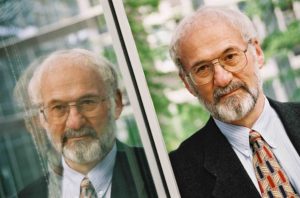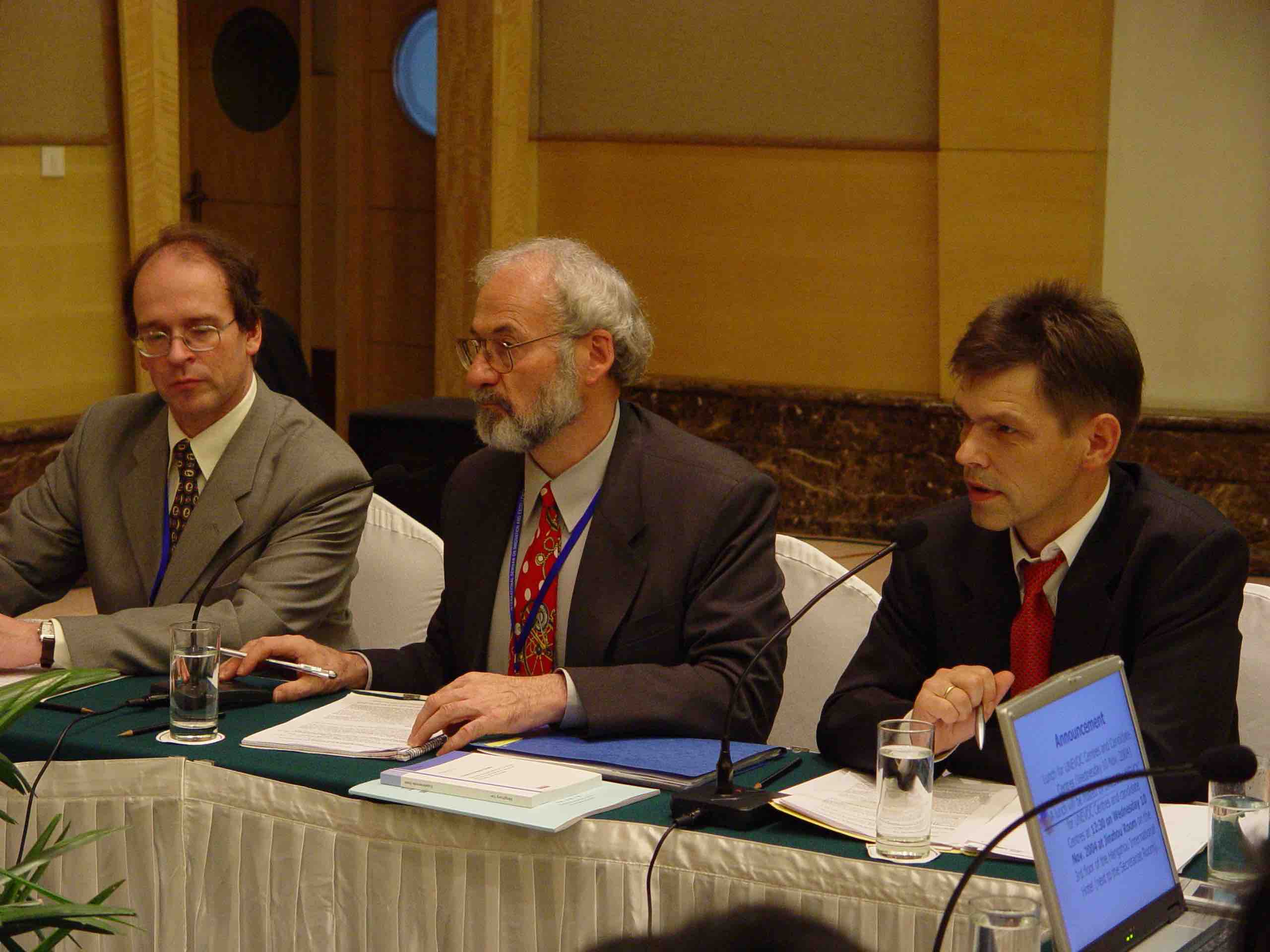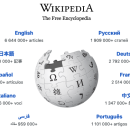During the first week of May this year Professor Felix Rauner celebrates his 80th birthday - and we celebrate with him: Congratulations and many happy returns! Given the corona-pandemic and the restrictions, there will be no party. And on such a day it is not appropriate to spend time in video meetings. So, let it be - we are looking forward to another time to meet - friends from the Bremen neighbourhood and from all parts of the world. However, on such an auspicious occasion it is more than appropriate to write about good memories of my different encounters with Felix. Therefore, I have come to write a series of three blog posts. This first post covers our early encounters and my working period in Thessaloniki until 2002.
Early encounters - the study visit in 1989 and the follow-up
My first encounter with Felix dates back to October 1989. I had got grants from the German academic exchange agency (DAAD) and from the University of Tampere to make a study visit to Germany. During the five weeks, I visited 15 institutions and had discussions with ca. 50 scholars. Mainly I was visiting research institutes that focused on the field of vocational education and training (VET) but also institutes with a main focus on social innovations in working life.
My first station of call was the Institut Technik & Bildung (ITB) at the University of Bremen. My main contact at that time was Gerald Heidegger, who had arranged several meetings with other colleagues. Felix was excused since he had had a medical operation - but on the next day he was there. During all these talks it became clear to me that the relatively young ITB had a high profile in VET research and was in the process of launching a regional programme on innovation in Work and Technology (Bremer Landesprogramm Arbeit und Technik). Later on the ITB researcher Ludger Deitmer played a major role in the coordination and evaluation of this programme.
During the subsequent years, I maintained active contact with ITB while working in Finland. So, during my trip to the first European Conference on Educational Research (ECER) in 1992 (at Enschede, the Netherlands), I visited ITB at their new location.

Felix Rauner portrayed at ITB in Bremen
In 1994 I was sent as a national seconded expert to the European Centre for Development of Vocational Training (Cedefop) - at that time located in Berlin. This period (June 1994 - September 1995) gave me the opportunity to refresh contacts with ITB from a closer distance. Thus, in Spring 1995 I had the opportunity to visit the first annual workshop of the experimental innovation project "Modellversuch Schwarze Pumpe" at the premises of the company Laubag near Cottbus. Altogether, it was clear that this project would play an important role in the forthcoming European cooperation programmes. In summer 1995 I had the chance to meet Felix at the Information Day of the Leonardo da Vinci programme strand on 'Surveys and Analyses' (once again in Enschede) and it was clear that ITB would make a strong contribution to the new European programmes.
My years in Thessaloniki - working together with ITB
In the late summer 1995 I received a temporary contract as a project manager at Cedefop. However, at that time Cedefop was relocated from Berlin to Thessaloniki, Greece. Since most of the VET experts moved to other EU organisations, there was a need to redefine the role of the Centre in the new situation. My part in this effort was the accompaniment and monitoring of European cooperation projects. The motto of this activity was 'networking the networks'.
This period brought me into cooperation with many EU-funded projects in which ITB played a major role. It all started in January 1996 with the kick-off meeting of the Europrof project (prepared by Gerald Heidegger and coordinated by Graham Attwell on behalf of ITB). The project Schwarze Pumpe provided the case for the parallel projects 'Post-16 strategies' and 'Intequal' (with Gerald Heidegger and Rainer Bremer as the ITB partners).
Two important projects received network-funding from the 4th Framework programme for research. The "Work Process Knowledge network" (with Martin Fischer as a major ITB partner) was essentially based on further ITB studies on the social shaping of work and technology. The network gathered a wide range of European researchers to promote knowledge development on innovations that were based on workers' participation. Likewise, the "Forum" network worked on parallel themes of VET research - 'institutions', 'values', 'careers', 'labour markets' and 'learning organisations'. In this network Graham Attwell and Michael Kuhn were the key partners from ITB.
During this period the German innovation programmes and the transition from earlier to newer frameworks for innovation promotion required his attention. After the closure of the regional innovation programme on Work and Technology the regional government took over the follow-up phase. However, ITB was set a major task in establishing the programme coordination unit of the nation-wide innovation programme "New learning concepts in the dual VET system". Several ITB researchers were involved in the coordination of this programme and in the evaluation of regional projects - among them notably Peter Gerds, Martin Fischer and Ludger Deitmer. Yet, from that time I remember very well several encounters with Felix. The festivity on the tenth anniversary of ITB (1997 in Bremen), the joint workshop of German Modellversuche for dual oriented qualifications (1997 in Cottbus) and the concluding workshop of Modellversuch Schwarze Pumpe (Cottbus 1998) were important milestones.
However, when thinking of the European VET-related cooperation, it appears that we lived through the high tide and the low tide during these years. Whilst the beginning of the new European cooperation programmes in 1995/96 was characterised by 'learning from each other', the years after the Lisbon summit in 2000 brought a different tone. Instead of enhancing and supporting VET-specific innovations the agenda of European policy-makers moved away from process innovations. The framework process in higher education - the Bologna process - was copied to the field of VET in the Copenhagen process. The new motto was: "We are not interested in processes, we are interested in outcomes". For Felix this was a frightening signal of ignorance of the importance of work process -oriented learning in VET. With this concern we found ourselves on the same wavelength after my departure from Cedefop in 2002.
---
I guess that this is enough of the earlier phase of my encounters and cooperation with Felix and ITB. In the next post I will discuss my transfer to ITB and my new start as a researcher of ITB. Here the initiatives of Felix and his goodwill have played an important role.
More blogs to come ...








